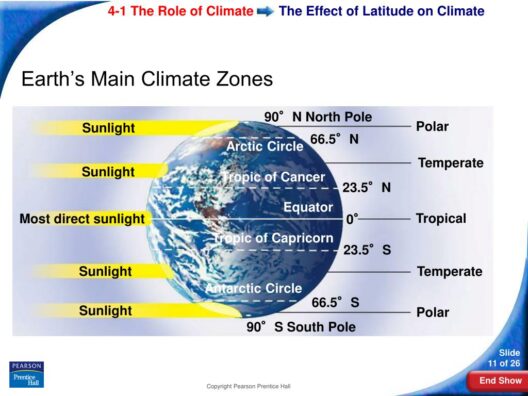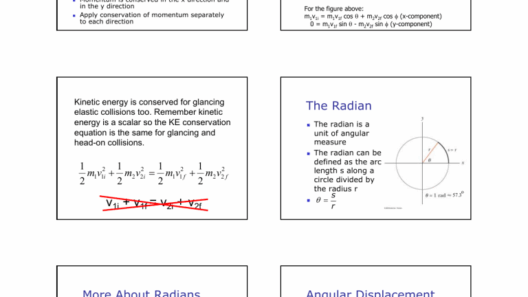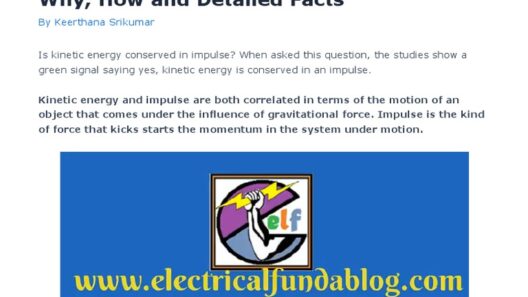For centuries, the law of conservation of energy has stood as a pillar of classical physics. This fundamental principle asserts that energy cannot be created or destroyed, only transformed from one form to another. However, the advent of quantum mechanics has unleashed a torrent of debate, challenging our conventional understanding and inviting us to reconsider established scientific doctrines. Does quantum mechanics indeed violate the law of energy conservation? To navigate this intricate question, we must embark on a journey through a series of key concepts and phenomena intrinsic to quantum theory.
At the heart of quantum mechanics lies the notion of superposition, a principle that allows particles to exist in multiple states simultaneously. This peculiar behavior poses significant implications for classical intuitions about energy conservation. When particles are in a superposed state, their energy levels are not readily defined, leading to scenarios in which energy patterns seem to fluctuate without adherence to classical laws. The famous double-slit experiment is illustrative here, demonstrating how quantum particles can exhibit wave-like behavior, engendering interference patterns indicative of energy distribution from seemingly non-existent trajectories.
Another crucial concept is that of quantum entanglement. When particles become entangled, the state of one particle instantaneously influences the state of another, regardless of the distance separating them. This phenomenon has led to philosophical quandaries about the nature of reality, but does it violate energy conservation? At first glance, entanglement might appear to imply that information or energy is being transmitted faster than light. However, entangled particles do not communicate in a classical sense; thus, while they may influence each other instantaneously, they do not transfer energy in violation of conservation laws. Instead, they exist within a shared quantum state that transcends classical constraints.
One of the more perplexing implications of quantum mechanics is the role of uncertainty — encapsulated in Heisenberg’s uncertainty principle. This principle asserts that it is impossible to simultaneously know both the position and momentum of a particle with absolute precision. On a macroscopic scale, this may seem trivial, but at the quantum level, it heralds a new paradigm of energy behavior. The fluctuations in energy observed at microscopic scales invoke the concept of zero-point energy — the lowest possible energy a quantum mechanical system may possess. This raises the question: if particles can spontaneously and briefly exist in energy states higher than their average energy, how does this reconcile with our established laws? It appears that quantum systems might engage in transient violations of classical energy conservation, albeit within a probabilistic framework that conserves energy upon averaging over time.
Moreover, the phenomenon known as “quantum tunneling” further complicates the narrative surrounding energy conservation. Quantum tunneling affords particles the ability to surmount barriers that, under classical mechanics, would be insurmountable without sufficient energy. In a classical context, a particle must possess specific energy to overcome an energetic barrier; however, quantum mechanics allows a particle to ‘tunnel’ through, appearing on the other side with ostensibly altered energy states. While this seems to contravene classical expectations, it does not negate energy conservation when viewed through the lens of probabilities and statistical behaviors.
The interplay between quantum mechanics and thermodynamics also merits scrutiny. In particular, one may wonder about the implications of quantum systems on the second law of thermodynamics, which states that the total entropy of an isolated system can never decrease over time. In the quantum realm, the interaction of systems with their environments introduces correlations that can lead to reductions in local entropy, while the overall entropy of the universe remains consistent with thermodynamic principles. In this framework, quantum mechanics does not violate energy conservation nor thermodynamic laws but supplements them with a more nuanced understanding of how energy can be harnessed and distributed across intricacies of quantum states.
It is essential to recognize that when evaluating the intersections of quantum mechanics and energy conservation, one must approach these discussions with a mindset attuned to the profound implications of observer effects. In quantum mechanics, the act of observation can alter the state of a system, implying that energy values are not only intrinsic to particles but also contingent upon perceptual frameworks. Herein lies an invitation to explore how consciousness and observation may impact realities that transcend classical boundaries.
In sum, while quantum mechanics possesses an array of phenomena that challenge conventional energy paradigms, it does not outright violate the law of energy conservation. Rather, it recontextualizes our understanding of energy, inviting us to synthesize classical laws with quantum principles. As we delve deeper into the quantum universe, we uncover a landscape rich with complexity that compels us to reevaluate the bedrock principles of physics.
As we stand at this intersection of knowledge, we must remain curious and open-minded. The exploration of quantum mechanics beneath the surface of classical intuition promises not just scientific revolutions, but also philosophical transformations. In our quest to understand energy and its myriad forms, we embrace a shift in perspective that may ultimately illuminate our understanding of the universe as a whole — a tapestry woven from the threads of energy, observation, and the profound mysteries that lie beyond.







